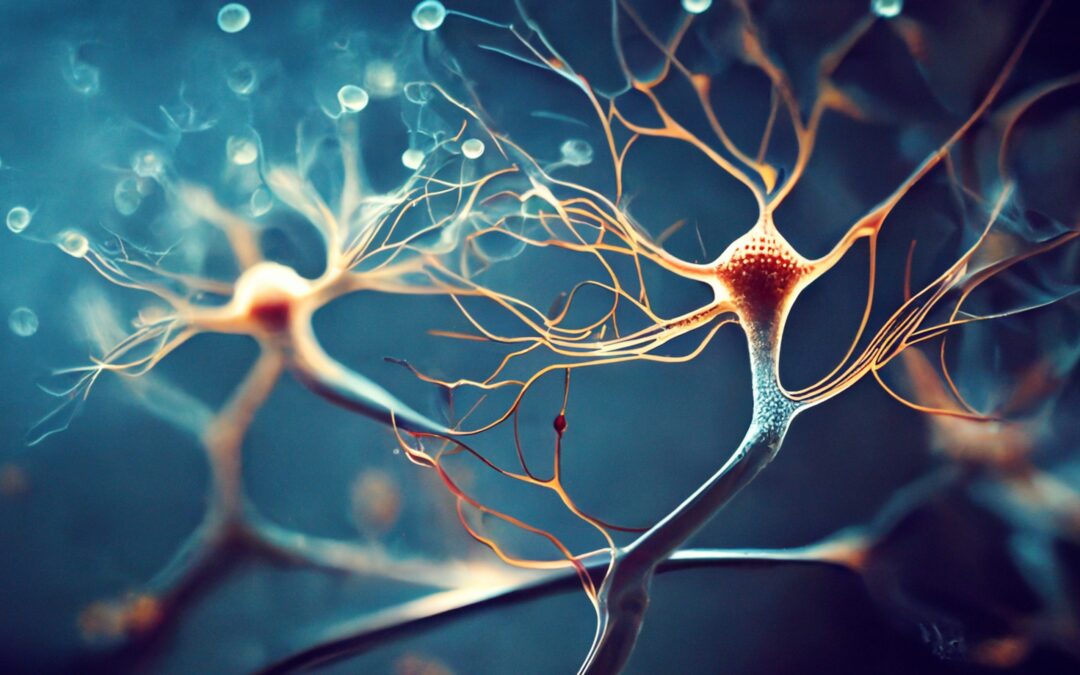As an esteemed authority in the field of addiction research, I invite you to embark on a profound journey into the intricacies of addiction, genetics, and the universal brain circuit. In this comprehensive exploration, we will unravel the mysteries behind addiction, shedding light on the existence of a universal brain circuit that connects us all. Moreover, we will delve into the potential genetic and DNA precursors that influence an individual’s susceptibility to addiction. Prepare to be enlightened, as we uncover the persuasive evidence that links our shared biology to the complex web of addiction.
The Universal Brain Circuit: A Common Thread in Addiction:
Before we venture into the genetic aspects, it is essential to grasp the concept of the universal brain circuit and its pivotal role in addiction. This circuitry, present in all human brains, serves as the foundation for understanding why addiction can affect anyone, regardless of their background.
- Reward Pathway: At the heart of addiction lies the brain’s reward pathway, a universal circuit governed by the neurotransmitter dopamine. This system orchestrates feelings of pleasure, reinforcing behaviors necessary for survival.
- Hijacked Circuitry: Addiction, be it to substances or behaviors, manipulates this innate reward system. Over time, repeated exposure to addictive stimuli leads to neuroadaptations, effectively rewiring the universal brain circuit to prioritize addictive behaviors.
- Cravings and Compulsion: The altered circuitry triggers intense cravings and compulsive behaviors, compelling individuals to seek the source of their addiction. This universal aspect of addiction demonstrates its powerful grip on the human brain.
The Genetic Blueprint of Vulnerability:
Now, let us turn our attention to the genetic and DNA precursors that contribute to an individual’s susceptibility to addiction. Addiction is a multifaceted condition influenced by a combination of genetic and environmental factors.
- Hereditary Influences: Family history plays a significant role in addiction vulnerability, suggesting a hereditary component. Individuals with relatives who have struggled with addiction may carry genetic predispositions.
- Candidate Genes: Scientists have identified specific candidate genes associated with addiction susceptibility. These genes impact various facets of the addiction process, including reward processing, impulse control, and stress regulation.
- Gene-Environment Interaction: The interplay between genes and the environment is paramount in understanding addiction. Environmental factors, such as exposure to substances and stress, can activate or suppress certain genes’ effects, influencing addiction risk.
- Epigenetics: Epigenetic modifications, influenced by environmental factors, can alter gene expression. These changes can impact an individual’s vulnerability to addiction, highlighting the dynamic nature of genetic predisposition.
DNA Precursors to Addiction:
As we delve deeper into the genetic underpinnings of addiction, it’s crucial to emphasize that DNA precursors are not deterministic but rather increase the likelihood of susceptibility.
- Dopamine Receptors: Variations in dopamine receptor genes, such as DRD2 and DRD4, have been linked to differences in reward processing. These genetic variations can influence an individual’s response to substances.
- Opioid Receptor Genes: Genetic differences in opioid receptor genes, like OPRM1, can affect pain sensitivity and the response to opioid drugs, potentially increasing the risk of opioid addiction.
- Metabolism Genes: Enzymes involved in drug metabolism, such as CYP2D6 for opioids or ALDH2 for alcohol, can exhibit genetic variability. These differences impact how individuals process and respond to specific substances.
The Power of Genetic Insights:
Understanding genetic precursors to addiction empowers us to take proactive steps in prevention and early intervention. By identifying individuals at higher risk due to their genetic makeup, tailored prevention strategies can be implemented.
- Genetic Testing: Genetic testing provides valuable insights into an individual’s genetic predisposition to addiction. While not definitive, it informs personalized prevention plans.
- Early Education: Education and awareness programs can target individuals with a genetic predisposition to addiction, emphasizing informed choices regarding substance use.
- Family Support: Families with a history of addiction can play a pivotal role in supporting their loved ones in making healthy choices and seeking help when needed.
Treatment Tailored to Genetics:
Furthermore, recognizing genetic precursors can guide more personalized addiction treatment approaches.
- Pharmacogenomics: Pharmacogenomic testing helps determine the most effective medications for addiction treatment based on an individual’s genetic profile, increasing treatment success rates.
- Behavioral Interventions: Understanding an individual’s genetic predisposition can help tailor behavioral therapy to address specific vulnerabilities and challenges.
Conclusion:
In our exploration of the universal brain circuit and genetic precursors to addiction, science has uncovered profound insights into the nature of addiction. This universal brain circuit connects us all, making addiction a shared human experience. However, genetic factors can tip the scales, influencing an individual’s vulnerability to addiction. It’s crucial to remember that genes are not destiny, and with knowledge comes the power to prevent, intervene, and provide personalized treatment. As experts in the field, SRC® must champion comprehensive approaches that consider both genetic and environmental factors, striving for a world where addiction’s grip is loosened by the understanding of our shared biology.

